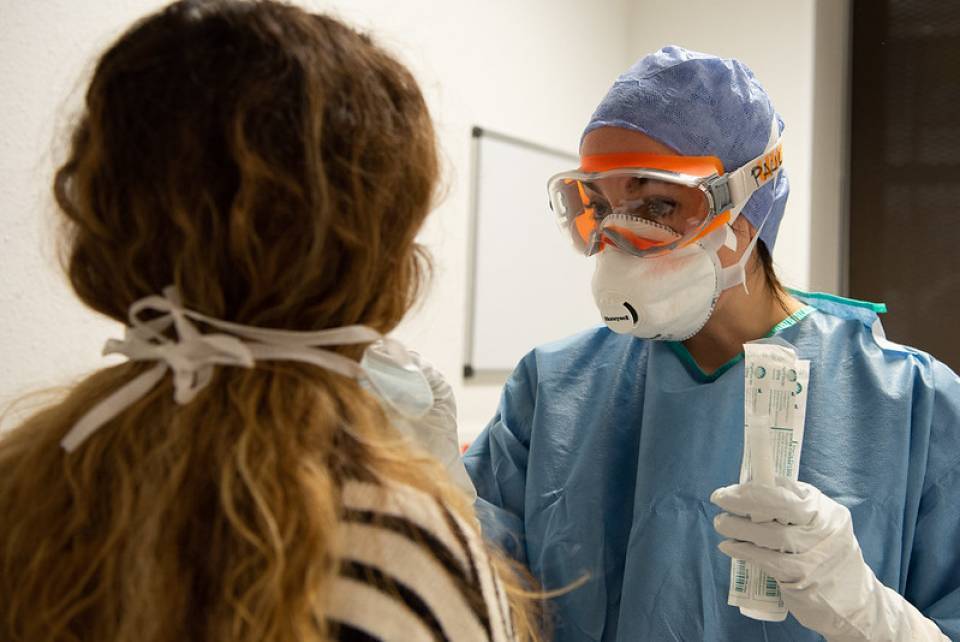Recently, a study from the Spanish Society for Obesity (Sociedad Española de Obesidad or SEEDO in Spanish), has indicated that 80% of Spanish patients with serious forms of coronavirus infection had obesity. Furthermore, obesity is very frequently associated with other diseases such as type 2 diabetes, high blood pressure and cardiovascular disease, which all mean a worse prognosis for COVID-19 infection. Furthermore, it has been shown that patients with obesity and steatohepatitis (a type of fatty liver disease that is often found in patients with obesity) are at greater risk when infected by COVID-19.
Other factors that may influence the increase in mortality due to COVID-19 in people with obesity are undergoing research, although there are currently several hypotheses. On the one hand, we know that obesity is characterised by a chronic state of low-grade inflammation with an increase in cytokines (inflammatory molecules), which reduces the body’s ability to respond to respiratory infection by COVID-19 and promotes worsening of the disease. Furthermore, obesity is associated with reduced immunity, which makes patients more susceptible to all kinds of infections, with a deficient response to treatment with antivirals and lower efficacy of vaccines.
On the other hand, especially in people with abdominal obesity, there is greater respiratory distress due to a reduction in inspiratory reserve volume, airway resistance and mobility difficulties in the ribcage, which increases the likelihood of ventilatory failure, which in turn worsens the progression of the infection. Obesity is also related to greater predisposition to thrombosis, in other words, the formation of a clot in a blood vessel. Without doubt, these factors influence a worse progression of COVID-19 infection.
Finally, due to the stigma that people with obesity often face, they may delay or avoid medical attention if they present symptoms of COVID-19, which increases the probability of the symptoms worsening.
Faced with the abundant scientific evidence showing that obesity is one of the main risk factors in COVID-19 infection, it is important that people who have this disease take the maximum preventative measures against the infection, and follow a healthy diet that helps to control their weight. In this context, the importance of contacting specialised healthcare professionals should be highlighted. They can help to establish and consolidate healthy habits in the long term. Furthermore, these lifestyle changes can be accompanied by pharmacological or surgical treatment in carefully selected patients.
Virtual medicine allows us to remain in contact with patients and overcome the barriers to treatment involved in social distancing, as the pandemic obliges us to limit in-person visits. At the Obesity Department at Hospital Clínic, we value the benefits of virtual medicine, and have opted to carry on with individual and group monitoring programmes online, in order to continue treatment and support patients during the pandemic.
Author: Alba Andreu and Violeta Moizé, dietician/nutritionists at Hospital Clínic de Barcelona




